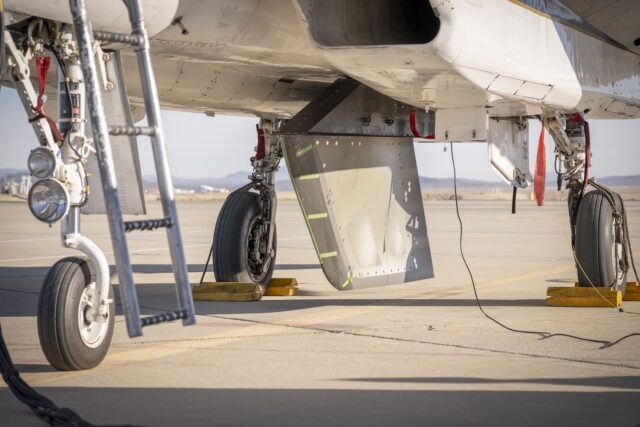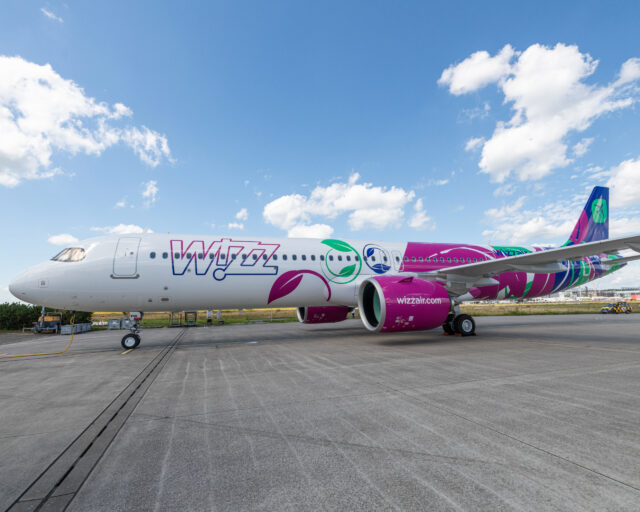FAA moves closer to certifying ZeroAvia’s electric propulsion system
February 4, 2025

ZeroAvia has moved one step closer to certification of its first commercial product, having received Certification Basis for its 600kW electric propulsion system (EPS) from the FAA – a key document outlining the applicable airworthiness regulations with which the manufacturer must comply.
The G-1 Issue Paper (Stage 2) contains a formally confined agreement, designating the standards to which ZeroAvia will validate the design requirements of its EPS. Combining ZeroAvia’s proprietary inverter and electric motor technology, the 600kW EPS system has been designed as part of the company’s wider ZA600 hydrogen-electric powertrain, although possess other potential applications for battery, hybrid and fuel cell electric fixed-wing aircraft, rotorcraft and UAVs.
Acknowledging that advantages in electric propulsion technology and novel aircraft design are opening up an “exciting range of new shorter range, electric air mobility applications,” ZeroAvia founder and CEO Val Miftakhov explained that certifying and selling the 600kW powertrain would help ZeroAvia “expand [its] addressable market and increase [its] impact in pursuit of a clean future of flight”.
In April 2024, ZeroAvia first announced it intended to offer some key components – including its advanced electric motors, silicon carbide inverters, fuel cell stacks and power generation systems, and proton exchange membrane technology – for wider sale. The company currently has nearly 3,000 orders for its full powertrains and components, with its electric propulsion systems to be produced at last year’s newly-inaugurated facility in Everett, Washington.
Meanwhile, the ZA600 hydrogen-electric powertrain – designed for up to 20-seat commercial aircraft – has been extensively tested aboard a Dornier 228 flying from ZeroAvia’s UK base. With the Cessna Grand Caravan set to be the launch platform (achieved through a STC), the ZA600 is expected to enter service in 2026.















